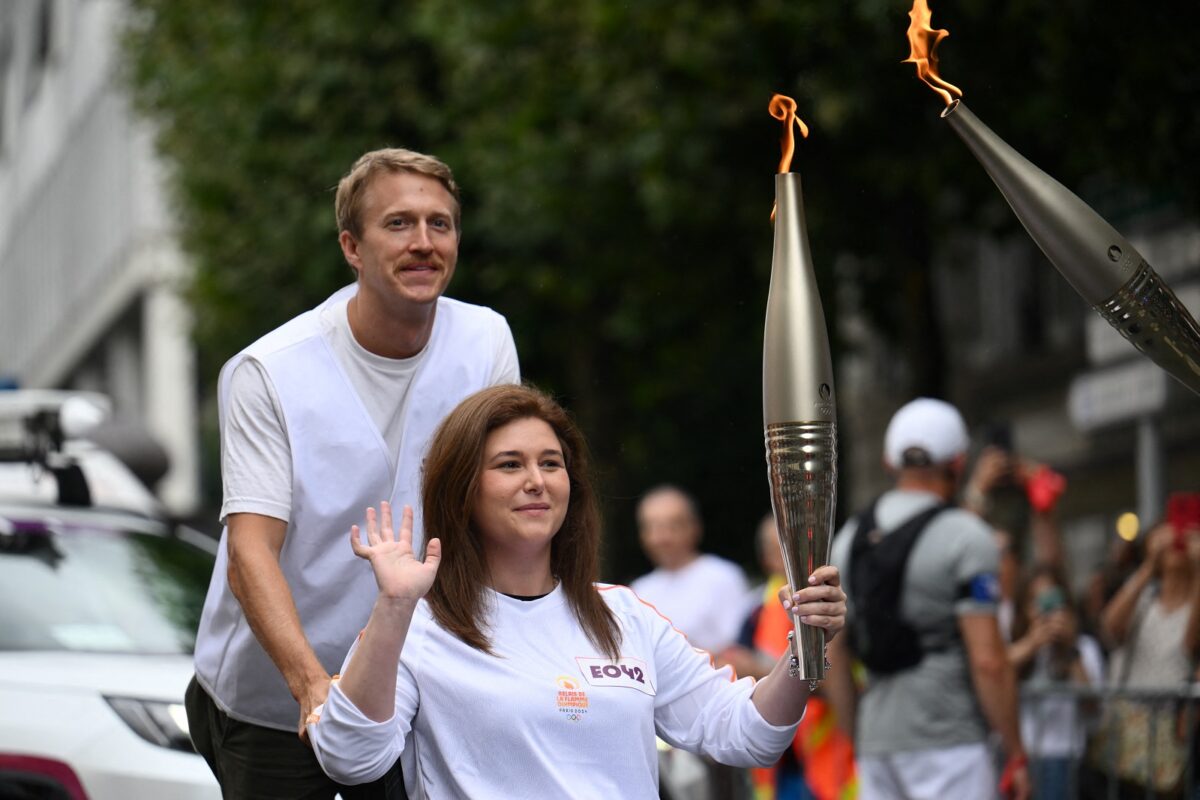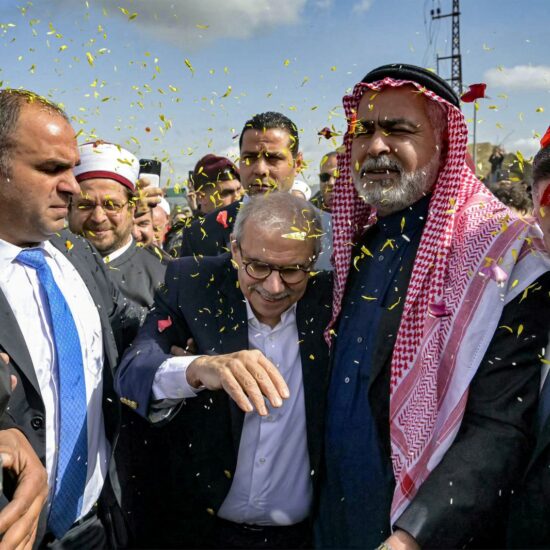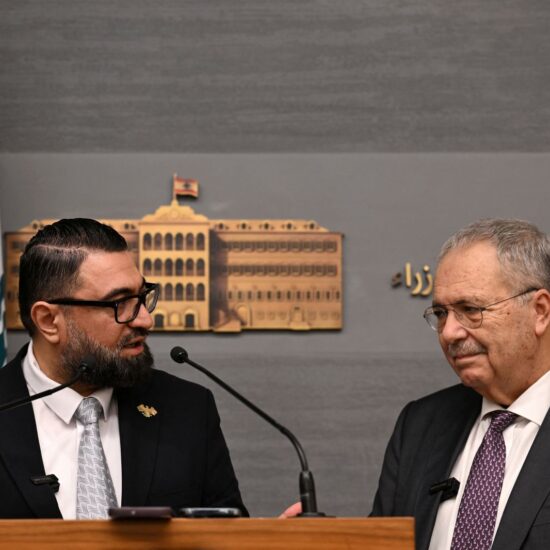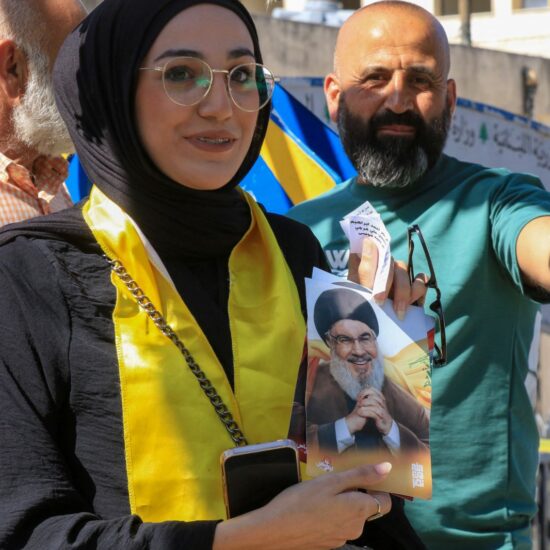
As the Lebanese team heads to the Olympics in Paris this month, there is a palpable sense of national unity and pride among Lebanese people from all walks of life. The Olympic Games, and Basketball competitions before it often serve as a unique platform where, even if just momentarily, we see a collective Lebanese identity emerge. This shared excitement and pride highlight a critical point: despite the deep-seated divisions within our society, there are moments that bring us together, reminding us of our potential for unity.
However, while these fleeting moments of national pride are encouraging, they also underscore a deeper issue. The feelings of pride and unity experienced during such events are often temporary and do not necessarily translate into a sustained, cohesive national identity. This disparity points to a fundamental challenge in Lebanon: the lack of a shared narrative that encompasses all its diverse communities.
Social Identities
In social psychology, social identities are crucial. They act as a glue that brings a group of people together in any context. Generally, they are built on shared narratives (what is the story of the group), common values (what does the group believe in), and collective goals (what does the group wish to achieve in the future). For a country like Lebanon, with its rich tapestry of cultures and religions, these shared elements that usually unify a group are often fragmented. Each community in Lebanon has its own story, heroes, and perceived threats, leading to conflicting goals and a fragmented social identity. This results in a fragmented national identity, where what it means to be Lebanese for a citizen in Jbeil is not the same as for a citizen in Bent Jbeil. What it means to be Lebanese for the Lebanese Forces (Ouwet) is not the same for the Amal Movement. I could compare twenty other regions and ten other groups, but you get the point.
Is Lebanon Diverse?
Often, I hear people say, “There’s nothing wrong with Lebanon; it is a diverse country,” or “Stop trying to make us all the same; it won’t work. Our beauty is in our differences.” Diversity is truly beautiful, and images that contain multiple colors are indeed pretty, but only if those colors go together, or if they are not threatened by other colors, or trying to encroach on their territories, or if they don’t feel grievances that are 10, 50, or 100 years old. True diversity requires different perspectives and approaches working towards a common goal. In Lebanon, the various sectarian and communal groups often have divergent goals, resulting in conflict rather than productive diversity. The political structures, which allocate power based on sectarian lines, further entrench these divisions, making it difficult to foster any clear form of a Lebanese identity.
To move beyond this, we need to build a new, inclusive narrative. This narrative should acknowledge and respect the different histories and identities within Lebanon while emphasizing a collective future. It should be a narrative that every Lebanese individual learns and appreciates, recognizing the diversity of experiences and perspectives within our society.
Moving Forward
One initiative that could help in this endeavor is an intervention I suggested a few years ago but fell short of executing: a camp for young Lebanese individuals aged 18 to 23. This camp would bring together two to three hundred participants from various backgrounds to engage in an immersive learning experience. They would be taught about the different narratives in Lebanon, the history of the civil war, and the reasons behind differing perspectives. Through structured dialogues, interactive workshops, and continuous assessment, the camp aims to foster mutual understanding and address sectarian identification, while promoting a more pluralistic identity that can accommodate the psychological needs driving our desire for group identification.
Such a camp could serve as a powerful model for fostering understanding and unity among young Lebanese. By providing a platform for young people to learn about and engage with different narratives, we can help break down prejudices and build a shared sense of identity. This immersive approach can help participants understand the complexities of our shared history and appreciate the diverse perspectives within Lebanon.
While events like the Olympics can temporarily unite us, we need sustained efforts to build a unified national identity. By fostering a new, inclusive narrative and creating spaces for young people to engage with and understand this narrative, we can begin to transform our diversity from a source of conflict into a source of strength. It is through such initiatives that we can hope to build a more cohesive and united Lebanon.
Ramzi Abou Ismail is a political psychologist and researcher at the University of Kent.
The views in this story reflect those of the author alone and do not necessarily reflect the beliefs of NOW.








